Does Water Help with Alcohol Detox?
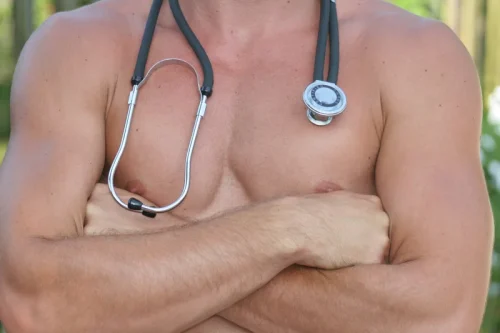
In addition, exercising will add more stress to your liver as it has to process the toxins from the alcohol and will eliminate lactic acid more slowly, leading to cramps. If you drink excessive amounts of water it can lead to water intoxication or poisoning, which affects brain function due to the swelling of cells, including brain cells. This swelling increases pressure within the brain, leading to symptoms like confusion, drowsiness, and headaches. In severe cases, it might result in high blood pressure and a slowed heart rate. Medical detox is an essential initial step in recovering from alcohol use disorder.
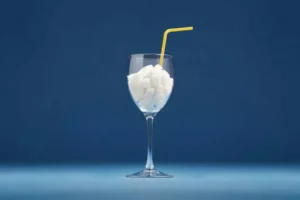
How long does it take for the effects of alcohol to wear off?
Here’s how to rehydrate properly and recover from alcohol dehydration. Avoid people who may encourage you to drink alcohol or may not support your decision to stop. It may be easier on your rehabilitation to skip visits with “drinking buddies” or avoid gatherings with a focus on drinking. Dietary guidelines recommend that if you drink, men limit daily drinking to two drinks or less per day and women limit their drinking to one drink or less per day. Consuming more than that can lead to liver damage and heart disease, and increase your risk for some cancers. While exercise doesn’t directly speed up the elimination of alcohol from your system, regular physical activity can boost your metabolism, helping your body process alcohol more efficiently over time.
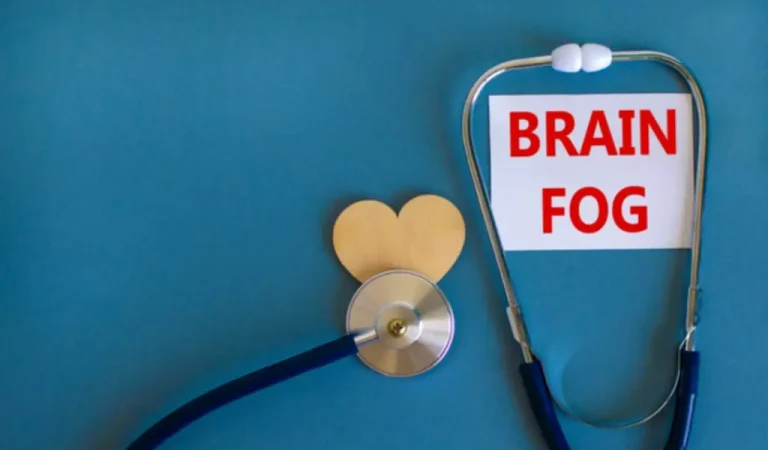
Can exercise help eliminate alcohol faster?
To take the first step towards a healthier, alcohol-free life, schedule an appointment with us today or give us a call. Our dedicated team members are ready to assist you on your path to recovery. If you or a loved one is grappling with alcohol dependence and facing challenges in quitting drinking, reaching out for support is essential.
Concerned About Your Drinking? Take the Alcohol Addiction Test
Excessive urination from drinking alcohol causes your body to lose electrolytes, which are important minerals involved in many bodily functions, including nervous system function (4). If you have mild dehydration symptoms (e.g., thirst, dry mouth, dark yellow urine, headache), simply drinking an ample amount of plain water will likely sufficiently restore your fluid balance. While the amount of alcohol you consume is the main determinant of how dehydrated you’ll eventually become, you’re better off starting a drinking session well hydrated as opposed to already dehydrated. Alcohol’s diuretic effects mean it’s difficult to avoid experiencing some level of dehydration from drinking. However, you may be able to minimize its severity by following a few simple tips.
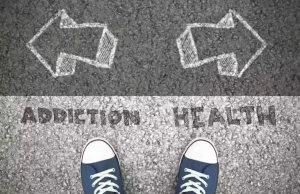
Or fill out a short form below and see if you’re pre-qualified for our NEW recovery programs.
Take our short alcohol quiz to learn where you fall on the drinking spectrum and if you might benefit from quitting or cutting back on alcohol. It’s does drinking water get alcohol out of your system common to get a little constipated if you don’t drink enough water. Inactivity, diet changes, illness, and even stress can add to the problem.
After completing his Master’s in Psychology, he began pursuing his Doctor of Social Work degree from The University of Southern California. If you or a loved one is seeking help for alcohol or other substance abuse, contact us at Stairway Resource Center today. The Stairway Resource Center offers a 60 to 90-day outpatient program that takes place in a community setting.
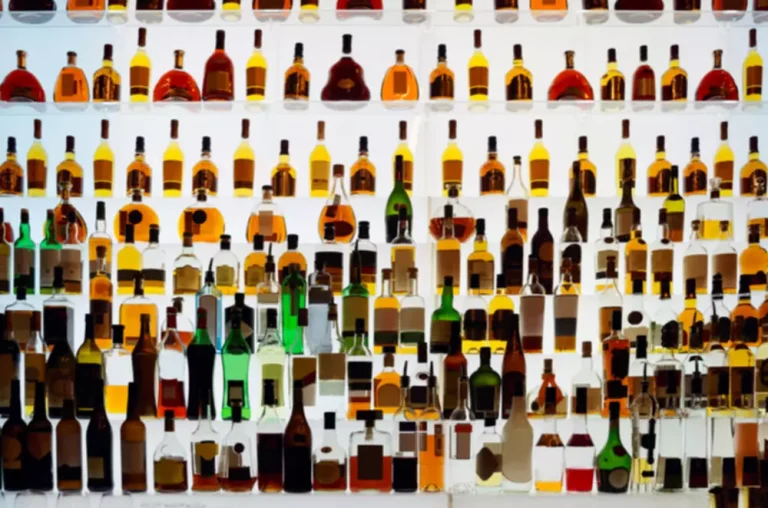
Sleep is crucial as it allows the body to focus on metabolizing alcohol without interference from additional alcohol consumption. Remember that alcohol is absorbed the quickest in your small intestine. Having food in your stomach can slow down the absorption of alcohol while you’re drinking. In most cases, deliberately increasing your blood glucose levels isn’t a good idea.
Dehydration caused by alcohol is the primary reason for hangovers. So, it is essential to make sure you drink plenty of water before, during, and after drinking. Since forgetfulness is common during alcohol detox, sticky notes or other paper reminders can help you stay on track with your water consumption.
- Women have less dehydrogenase, an enzyme that breaks down alcohol in the stomach.
- Alcohol — or ethanol — tests can detect alcohol metabolites in urine, breath, saliva, sweat and blood for between two and 80 hours.
- You can become conditioned to reach for a drink when your environment offers up certain cues.
- If you’re exercising or outside in the heat, focus on getting a little extra, too.
Plastics have already been linked to changes in the gut microbiome and the body’s antibiotic resistance. Emotionally, you may feel some anxiety or sadness about ending a chapter of your life and nervousness about the future. You can become conditioned to reach for a drink when your environment offers up certain cues. You smell a pot of chili simmering on the stove and then suddenly feel ravenously hungry. You feel your phone vibrate and then anxiously reach to see who texted.
Breaking the Cycle: The Role of Codependency in Substance Abuse
This slows the rate at which alcohol enters the intestines and is subsequently absorbed. There is nothing a person can do to quickly reduce the blood alcohol concentration (BAC) level in their body. The liver needs time to filter blood and remove alcohol from the system. Alcohol metabolism rates vary by individual, but on average, the liver can process one standard drink per hour. Factors like weight, age, gender, and overall health can affect this rate. In urine, alcohol can be detected from 12 to 130 hours if a person has been drinking excessively.

Viện Khoa học Quản trị Doanh nghiệp và Kinh tế số Việt Nam
Viện khoa học quản trị và kinh tế số Việt Nam ( VIDEM) là đơn vị có chức năng tư vấn, kết nối các doanh nghiệp Việt Nam trong việc áp dụng khoa học, chuyển giao công nghệ, tham gia mạng lưới sản xuất, hệ thống phân phối, kinh doanh theo quy định Pháp luật Việt Nam, theo Luật pháp Quốc tế mà Việt Nam tham gia hoặc công nhận.
Thông tin liên hệ
Hotline: 024 3674 1116
Email: info@videm.vn
Địa chỉ: 562 Nguyễn Văn Cừ, phường Gia Thụy, quận Long Biên, Hà Nội
